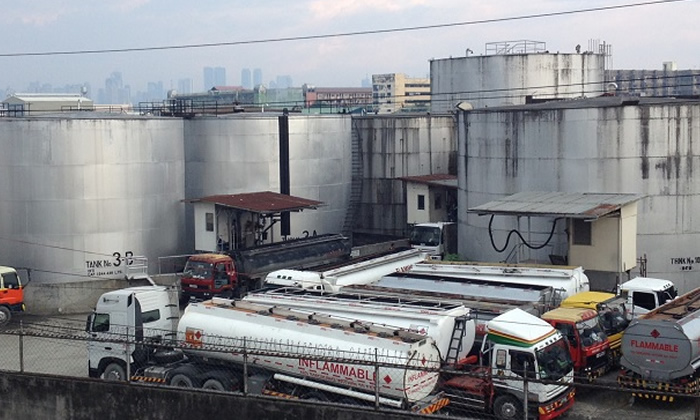The Independent Petroleum Producers Group (IPPG), has said, the size of levies imposed on operators by the Nigerian Content Development and Monitoring Board (NCDMB), is affecting operators investment.
The indigenous oil producer group complained that multiple levies by the Board increases the cost of oil and gas projects.
Chairman of IPPG, Mr. Abdulrazaq Isa, speaking at the 12th Practical Nigerian Content Forum organised by NCDMB in Yenagoa, Bayelsa State, noted that, while the Country continues to prioritise local content development, it must recognise that these international players have a key role to play in ensuring technology transfer and knowledge sharing that local players can benefit from.
‘‘You will agree with me that our local players still lack the requisite skills to adequately support our deep offshore operations and other specialised operations. Therefore, our recommendation is that ways should be sought to modify local content requirements to ensure that the industry remains globally competitive and sustainable,” he said.
On multiplicity of levies, Isa said a case in point is the Human Capital Development training requirements wherein industry participants are required to set aside three per cent of project cost for (projects above $1million) to conduct local content training.
‘‘While this is undoubtedly a laudable initiative, we must consider that it amounts to a multiplication of levies as industry participants are already equally required to contribute a separate one per cent of total costs as Nigerian Content Development(NDC) levy.
This invariably leads to higher project costs especially as the training is not allowed to be provided directly to company staff and service providers.
“Due to this and other contractual or administrative reasons, the process of complying with local content requirements has, on many occasions, proven to significantly increase the overall cost of delivering projects in Nigeria. Again, this unintended outcome requires some detailed review in order to ensure that we are not losing new investments to emerging investment destinations in the process of driving our local content agenda,” he said.
Isa, who is also the chairman of Waltersmith Refinery, argued that, while the industry proudly recognises the major role that local content implementation has played in advancing the country’s oil and gas sector, it must also be mindful of ensuring that our local content policies are constantly evaluated to ensure that they are continually fit-for-purpose and not counter-productive to our long-term industry growth and cost targets.
He disclosed that the oil and gas industry continues to face growing pressures to remain profitable and cost-efficient as it faces competition from other investment destinations and as such, encouraged the NCDMB to review certain aspects of our legislation that may potentially work against the competitiveness of Nigeria’s oil and gas sector in the global marketplace.
He admitted that it was evident that the Government’s effort in deepening local content in the Nigerian oil and gas industry is paying dividends and it is imperative that this effort is sustained with greater focus placed on bridging inherent capacity gaps; addressing infrastructural inadequacy and capital deficiency plaguing the industry at the moment in order to optimally derive the full benefits of the local content policy.











